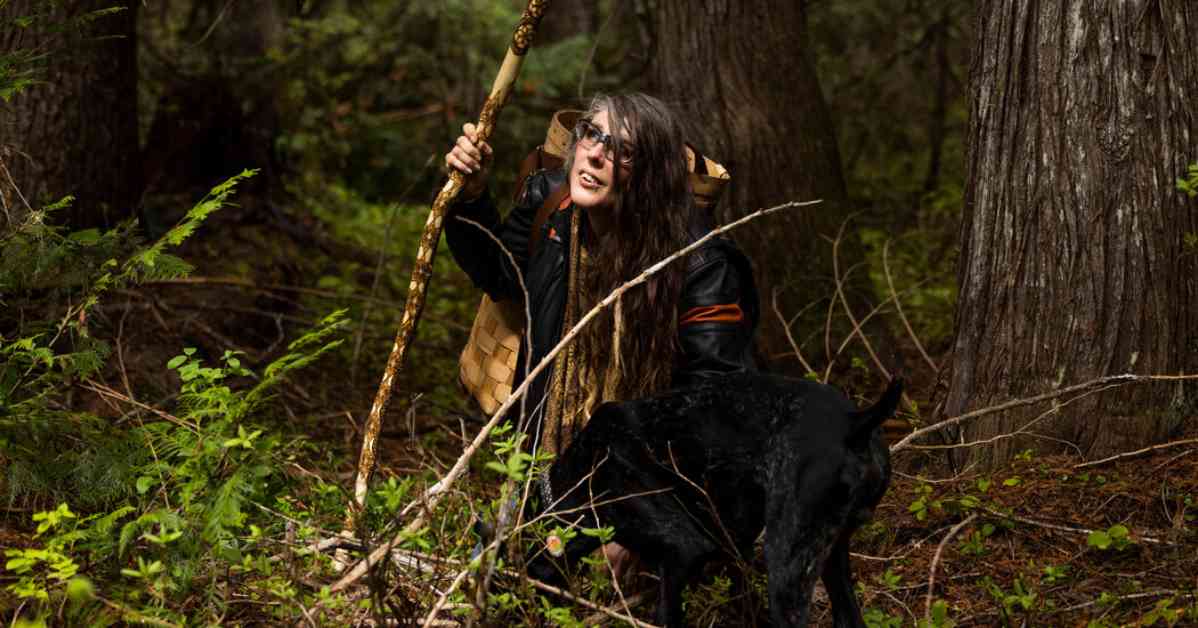River Shannon Aloia, a passionate forager, was recently spotted hunting for morels with her dog, Jasper, in the woods near Missoula, Montana. As she walked along a remote dirt road in the national forest land, she carefully scanned the ground for the prized morels. With a command to her loyal companion, Jasper, she was able to find a solitary honey-colored morel and excitedly plucked it from the forest floor.
For Ms. Aloia, foraging is more than just a hobby – it’s a way to connect with nature on a deeper level. She expressed how foraging allows her to engage all her senses while exploring the woods, and the satisfaction of identifying and bringing home edible treasures to share with her family.
The spring season in the northern hemisphere is a prime time for foragers like Ms. Aloia, especially in the American West where there are vast expanses of publicly owned lands available for exploration and harvesting. With the melting snow, a variety of fungi such as oyster mushrooms, king boletes, and different types of morels start to emerge. Additionally, there is an abundance of edible and medicinal plants like wild onions, asparagus, fiddleheads, nettles, and miner’s lettuce that foragers seek out.
As the summer approaches, the focus shifts to berry picking in the Rocky Mountain West, with chokecherries, wild strawberries, and huckleberries attracting foragers. Later in the summer and fall, other wild crops like piñon nuts in the Southwest and mushrooms such as chicken of the woods and matsutake become available for harvesting.
The popularity of foraging has grown significantly in recent years, leading to concerns about sustainability and the impact on natural ecosystems. As a result, state and federal agencies are beginning to impose more restrictions on foraging activities in public forests and parks to protect the environment and ensure the longevity of these natural resources. It is essential for foragers to be mindful of regulations and practice responsible foraging to preserve the delicate balance of nature.
While foraging can be a rewarding and enriching experience, it is crucial to do so in a sustainable and respectful manner to safeguard the biodiversity and health of our public lands for future generations to enjoy. By following guidelines and regulations set forth by authorities, foragers can continue to explore and harvest the bounties of nature responsibly.





















